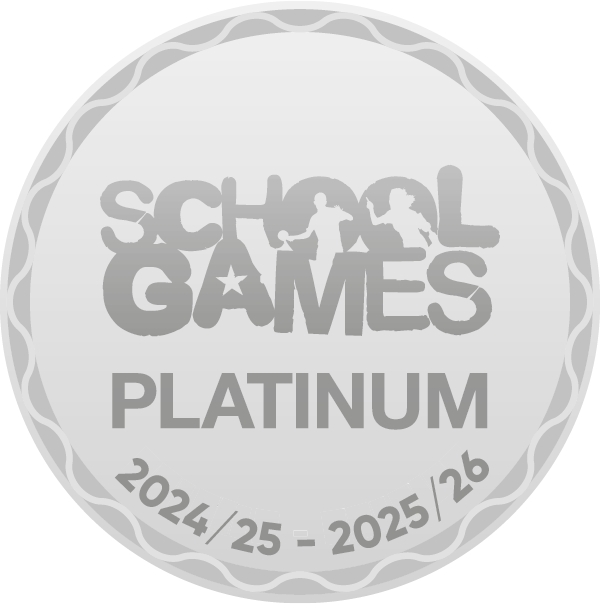Curriculum: Modern Languages
If you talk to a man in a language he understands, that goes to his head. If you talk to him in his own language, that goes to his heart. – Nelson Mandela
Languages (Key Stage 2 only)
Learning a foreign language provides an opening to other cultures. A high-quality languages education should foster pupils’ curiosity and deepen their understanding of the world. The teaching should enable pupils to express their ideas and thoughts in another language and to understand and respond to its speakers, both in speech and in writing. It should also provide opportunities for them to communicate for practical purposes and learn new ways of thinking. Language teaching should provide the foundation for learning further languages, equipping pupils to study and work in other countries.
Aims
The national curriculum for languages aims to ensure that all pupils:
- understand and respond to spoken and written language from a variety of authentic sources
- speak with increasing confidence, fluency and spontaneity, finding ways of communicating what they want to say, including through discussion and asking questions, and continually improving the accuracy of their pronunciation and intonation
- can write at varying length, for different purposes and audiences, using the variety of grammatical structures that they have learnt
- discover and develop an appreciation of a range of writing in the language studied.
Modern Languages at Leftwich Primary
At Leftwich Primary we teach French as our main foreign language. French lessons are taught using the Kapow Scheme of Work for years 3-4 and years 5-6 which provides structure, continuity and progression in their learning. This programme has identified the key knowledge and skills of each topic and consideration has been given to ensure progression across topics throughout year groups and across the school.
The teaching aims to provide an appropriate balance of spoken and written language and to lay the foundations for further foreign language teaching at key stage 3. It enables pupils to understand and communicate ideas, facts and feelings in speech and writing, focused on familiar and routine matters, using their knowledge of grammatical structures and vocabulary.
The focus of study in modern languages is on practical communication, with lots of time given to listening and speaking, individually and through group rôle play, with consolidation through written exercises.
Pupils are encouraged to:
- listen attentively to spoken language and show understanding by joining in and responding
- have fun trying!
- explore the patterns and sounds of language through songs and rhymes and link the spelling, sound and meaning of words
- engage in conversations; ask and answer questions; express opinions and respond to those of others; seek clarification and help*
- speak in sentences, using familiar vocabulary, phrases and basic language structures
- develop accurate pronunciation and intonation so that others understand when they are reading aloud or using familiar words and phrases.
- read carefully and show understanding of words, phrases and simple writing
- appreciate stories, songs, poems and rhymes in the language
- write phrases from memory, and adapt these to create new sentences, to express ideas clearly
- describe people, places, things and actions orally and in writing
- understand basic grammar appropriate to the language being studied, including feminine and masculine nouns and the conjugation of high-frequency verbs; key features and patterns of the language; how to apply these, for instance, to build sentences; and how these differ from or are similar to English.



